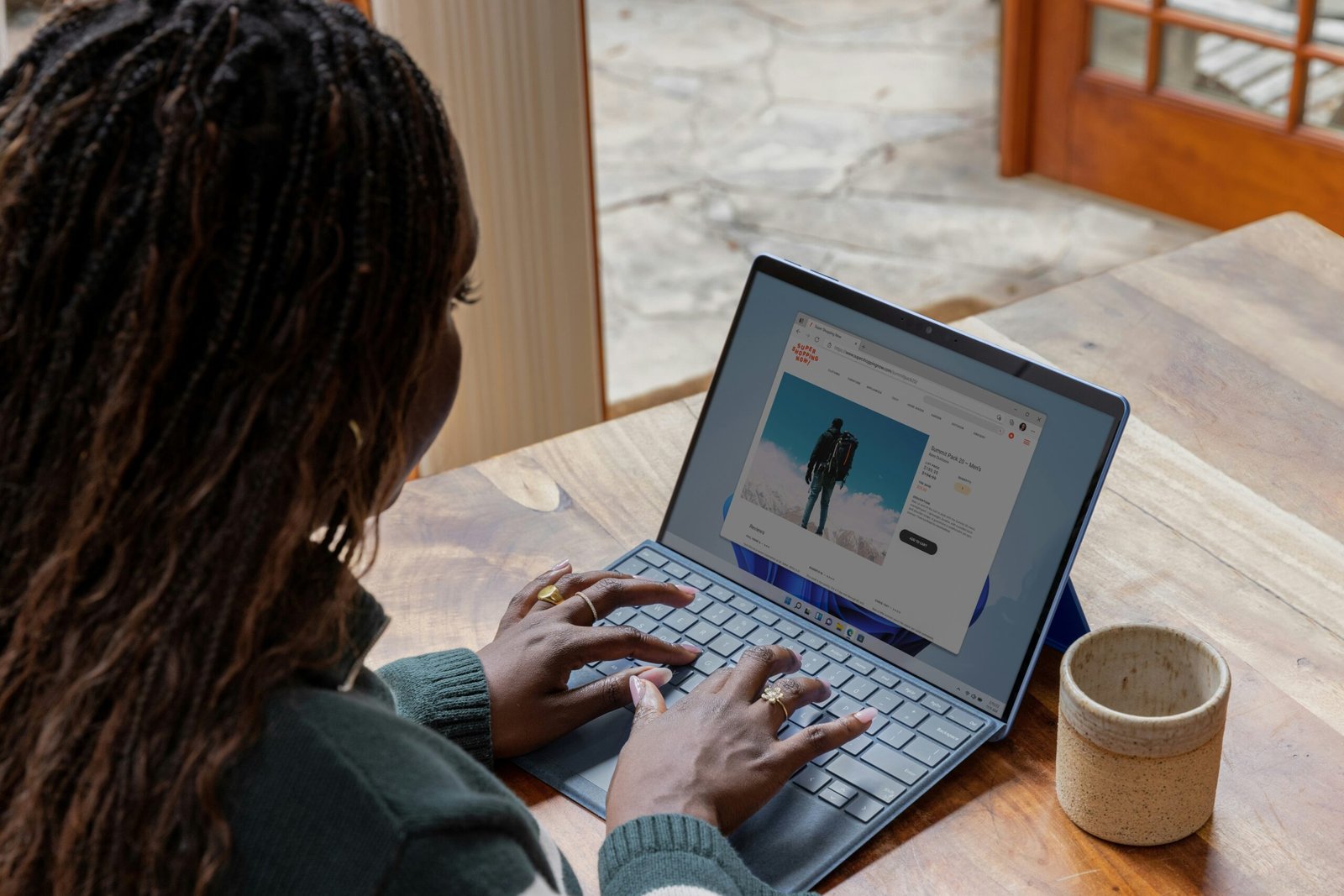What is a Blog?A blog is an online platform where individuals or businesses can share information, ideas, opinions, and experiences with a wide audie
What is a Blog?
A blog is an online platform where individuals or businesses can share information, ideas, opinions, and experiences with a wide audience. It is a website or a section of a website that is regularly updated with new content. Blogs typically display posts in reverse chronological order, with the most recent post appearing at the top.
Types of Blogs
There are various types of blogs, each catering to different interests and purposes. Some common types of blogs include:
1. Personal Blogs
Personal blogs are a form of online journaling, where individuals share their thoughts, experiences, and interests. These blogs are often used as a creative outlet or a way to connect with like-minded individuals.
2. Business Blogs
Business blogs are used by companies to promote their products or services, share industry insights, and engage with their customers. These blogs are an effective marketing tool for building brand awareness and establishing thought leadership.
3. Niche Blogs
Niche blogs focus on a specific topic or niche, such as travel, fashion, food, technology, or fitness. These blogs cater to a targeted audience and provide in-depth information, tips, and advice related to the chosen niche.
4. News Blogs
News blogs are dedicated to providing up-to-date information on current events, politics, sports, entertainment, or any other news-worthy topics. These blogs often include analysis, opinions, and commentary on the news.
5. Guest Blogs
블로그 정보 Guest blogs are written by individuals who are not the owners of the blog. They are invited to contribute their expertise or unique perspectives to the blog. Guest blogging is a common practice for building backlinks and expanding the reach of a blog.
Benefits of Blogging
Blogging offers numerous benefits, both for individuals and businesses. Some of the key benefits include:
1. Sharing Knowledge and Expertise
Blogging allows individuals to share their knowledge, expertise, and experiences with a wider audience. It provides a platform to showcase their skills and establish themselves as industry experts.
2. Building an Online Presence
Having a blog helps individuals and businesses to build an online presence and create a personal or brand identity. It allows them to connect with a larger audience and engage with their readers or customers.
3. Generating Revenue
Blogs can be monetized through various methods such as display advertising, sponsored content, affiliate marketing, or selling products or services. Successful bloggers can generate a significant income from their blogs.
4. Improving SEO and Website Traffic
Blogging plays a crucial role in search engine optimization (SEO). By regularly publishing high-quality content, blogs can improve their search engine rankings and attract more organic traffic to their website.
5. Building a Community
Blogs provide a platform for building a community of like-minded individuals who share similar interests or passions. It allows for interaction, discussion, and the exchange of ideas among the blog’s readers.
How to Start a Blog
Starting a blog is relatively easy and requires a few simple steps:
1. Choose a Blogging Platform
Select a blogging platform that suits your needs. Popular options include WordPress, Blogger, and Wix. Consider factors such as ease of use, customization options, and scalability.
2. Pick a Domain Name
Choose a unique and memorable domain name for your blog. It should reflect your blog’s niche or brand identity.
3. Set up Web Hosting
Sign up for a web hosting service that will provide the server space to host your blog. Consider factors such as reliability, customer support, and pricing.
4. Customize Your Blog
Customize the design and layout of your blog to make it visually appealing and user-friendly. Choose a theme or template that aligns with your blog’s content and purpose.
5. Create Compelling Content
Start creating and publishing high-quality content that is informative, engaging, and relevant to your target audience. Plan a content strategy and maintain a consistent posting schedule.
6. Promote Your Blog
Use social media, email marketing, and SEO techniques to promote your blog and attract readers. Engage with your audience and encourage them to share your content.
7. Analyze and Improve
Regularly analyze your blog’s performance using analytics tools. Identify areas for improvement and make necessary adjustments to enhance your blog’s reach and engagement.
Conclusion
Blogging is a powerful tool for sharing information, expressing opinions, and building an online presence. Whether you are an individual looking to share your thoughts or a business aiming to connect with customers, starting a blog can be a rewarding endeavor. By following the steps outlined above, you can create a successful blog and reap the benefits it offers.



COMMENTS
It’s onerous to find educated folks on this subject, but you sound like you understand what you’re talking about! Thanks
Some genuinely nice and useful information on this internet site, too I think the pattern has got great features.